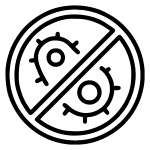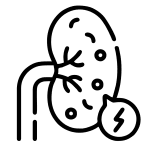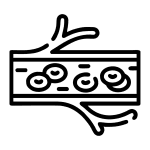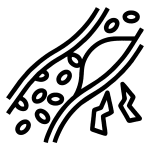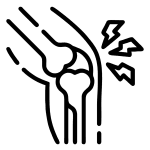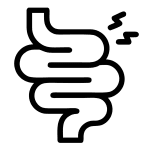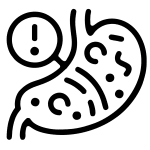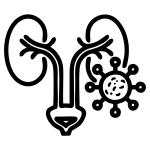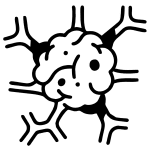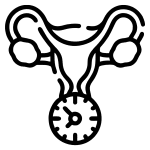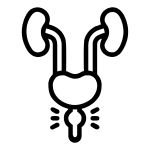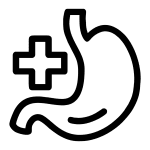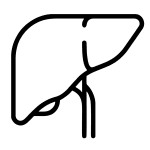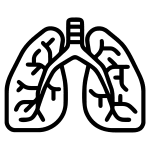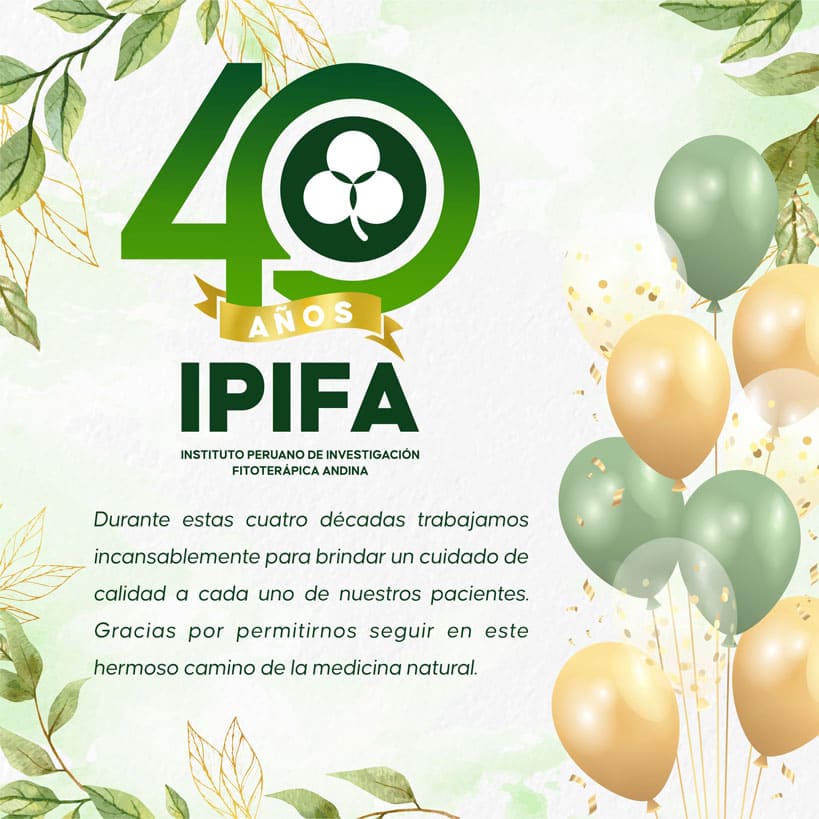
About us and our community
To date, we have attended and recorded about 50,000 outpatients from different parts of the country and abroad, with chronic diseases, respiratory, rheumatologic, digestive tract, skin, neoplasms, respiratory, diarrheic, metabolic and diarrheic diseases.
A private, non-profit, scientific, medical-care and promotional association, legally constituted in Lima in 1983, thanks to the initiative of an oncology patient from abroad, cured locally with Peruvian medicinal plants of traditional use, recommended by Edmund Szeliga.
For more than three decades, IPIFA has been applying the teachings and basic therapeutic method of this Polish Salesian priest, a pioneer of Peruvian phytotherapy and founder of IPIFA.
Abraham Suybate Ruiz
CEO Peruvian Institute of Andean Phytotherapic Research
EDMUNDO SZELIGA BIOGRAPHY
Edmund Szeliga - Polish Catholic priest, Salesian, missionary. He was born into a poor family on November 9, 1910 in Tychy. His father died in World War I when he was only 3 years old in his hometown surrounded by dense forests near the Vistula River, where he finished elementary school and his interest in nature was born. While in high school at the Salesian school in Oświęcim at the age of 12, he heard prophetic words from an Italian bishop who was visiting the school, pointing his finger at him; among a group of students; he said to him: "You will be a missionary in South America." And so it happened.
After finishing high school he entered the Salesian novitiate in Czerwińsk and on November 4, 1930, he left Genoa by ship to Peru, his "promised land", after a journey of 36 days, he arrived at the headquarters of the Congregation of Salesian priests in Cusco, During the 4 years he stayed in Cusco, he learned Spanish, Quechua and the language of the area, he also studied herbal medicine from the herbalist Mariano Moscoso, he returned to Italy to study theology in Italy, where on July 2, 1939 he was ordained high priest; returning to Peru, he would begin his long and successful history as an herbalist.
He came to the communities of the inhabitants of the banks of the Urubamba River, despite being the first white man for them, Father Edmundo won their trust, he persistently returned to the community, taught them agriculture, gave them more solid houses, worked to protect the deforestation of the jungle that provides medicinal plants, he even made arrangements to grant them ownership of their land, they in turn, taught him the jungle, the relationship with nature and the relationship with the environment, and he taught them how to live in the jungle. traditional herbal healingThis led Father Edmund Szeliga to acquire the millenary knowledge about the healing properties of plants, from the communities of the Piros, Machiguengas, Huachipaeris and others.
In 1960 he gave the plants to the faculty of medicine of the San Marcos University to investigate the anticancer properties of Uncaria Tormentosa or Cat's Claw.
All of Father Edmundo's discoveries were reflected in the success he had when he cured cancer and other diseases to patients in the capital city. "During my stays in the capital, I began to help sick people, mostly cancer patients, who, reluctant or resistant to chemotherapy or radiotherapy, came in search of possible alternatives. I did it privately, as an exercise of charity, trying to imitate the great sensitivity that Christ showed to the sick. It was in this way that I began to verify the favorable effects of both species of Uncaria in several surprising cases." (Edmundo Szeliga)
In 1983 the father also gave talks on natural medicine in the parish of Jesus Obrero in Surquillo, from which they made a booklet on natural medicine which you can read here. DOWNLOAD free of charge. That same year here in Lima, a Spanish patient who had just been treated for cancer in the United States, surprised by the favorable results of the treatment that Father Edmundo Szeliga gave him, proposed to institutionalize the treatment service based on plants, which the father provided individually and privately. National Institute of Andean Phytotherapic Research.
LAST DECADE
He helped selflessly, cured patients from all over the world, examined and tested the effects of medicinal herbs, taught others.
After the II International Congress of Traditional Medicine, held in Lima in 1988 (in which our Institute participated), and during the First National Course-Workshop on Phytotherapy organized (also in Lima) by IPIFA and the Pharmaceutical Chemical College of Peru, the clinical results of "Uña de Gato" in tumor diseases were disclosed, among others, as well as rigorous phytochemical analyses of the genus Uncaria, carried out by the Faculty of Pharmacy of the University of Naples in particular, with samples of bark that we provided.
By order of the President of the Republic of Poland on July 14, 1999, Father Edmund Szeliga received the Officer's Cross of the Order of Merit of the Republic of Poland in the Grade of Officer's Cross.
He died on September 3, 2005, at the age of 94. He rests in the cemetery of El Angel in Lima.
The doors of IPIFA have remained open to visits from students and academics from different countries, while special dedication has been given to the popular dissemination of phytotherapy, through courses and educational brochures.
IPIFA's main objective now is to promote the development of quality products based on Peruvian medicinal plants, which will ensure greater access to the population at the national level and competitively project Peru to the world market.
It also contributes to the dissemination of integral health, with the organized participation of citizens and the State.
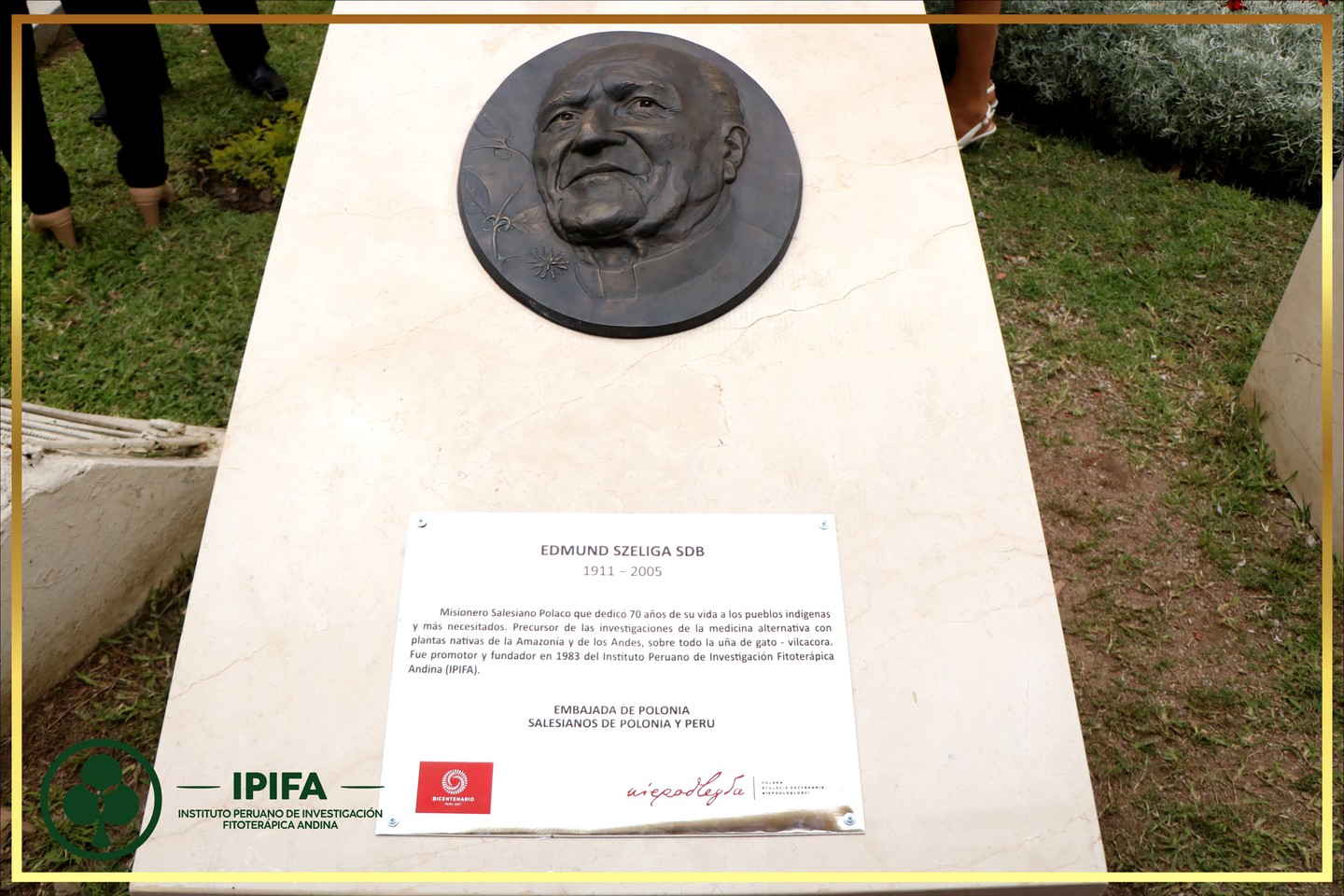
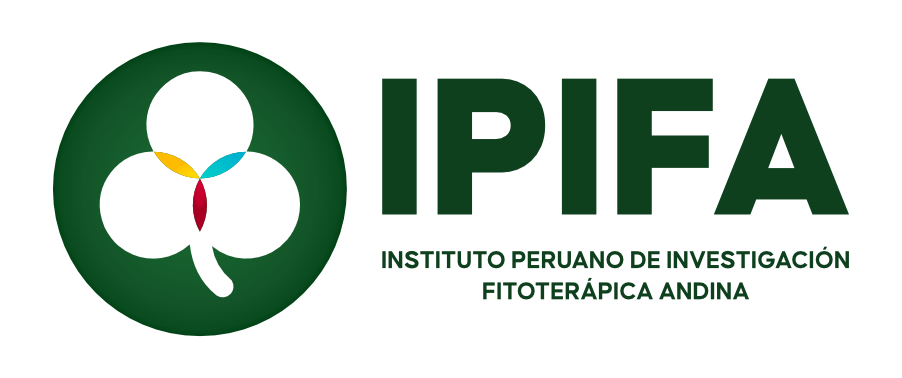
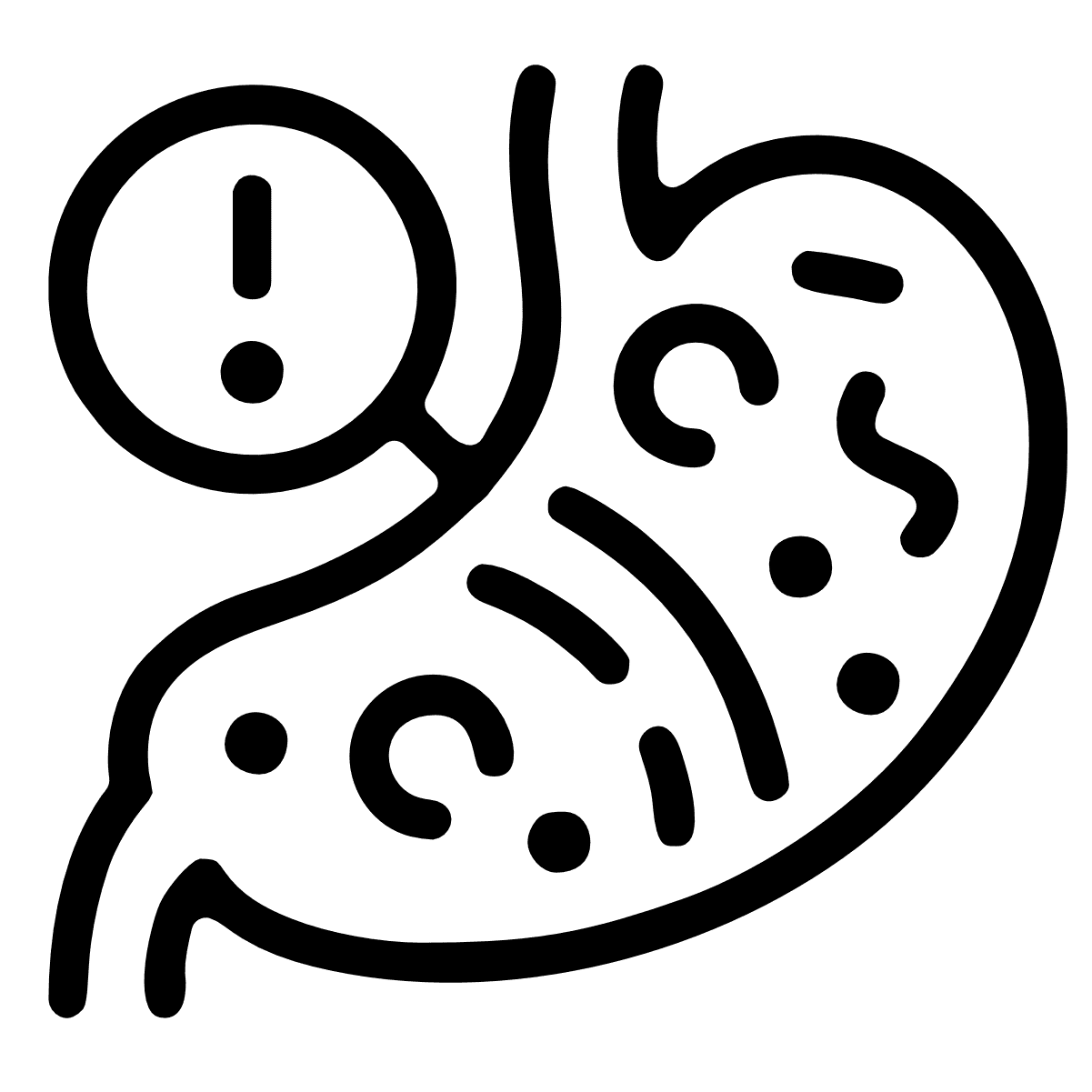 Purification kit
Purification kit 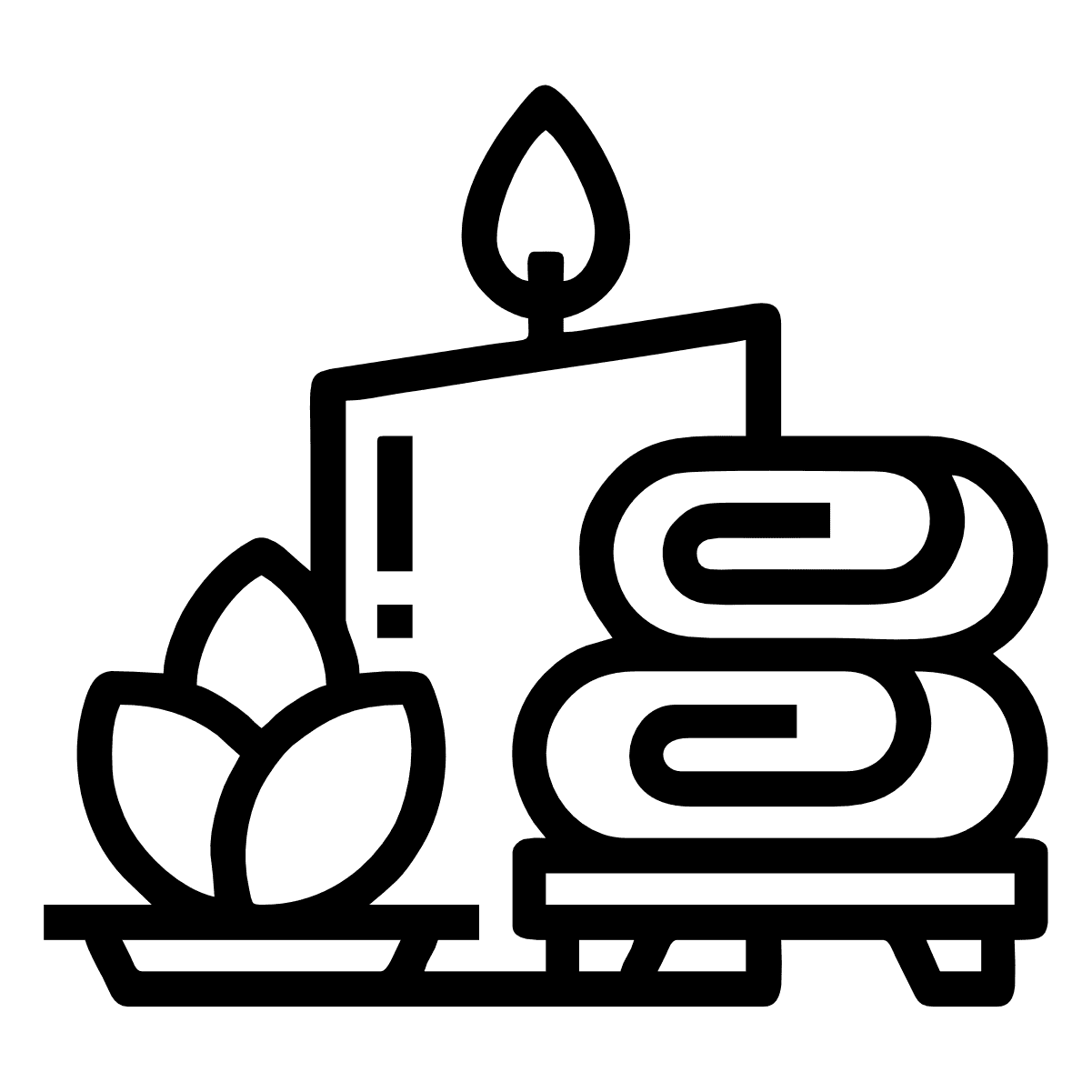 Relaxing kit
Relaxing kit 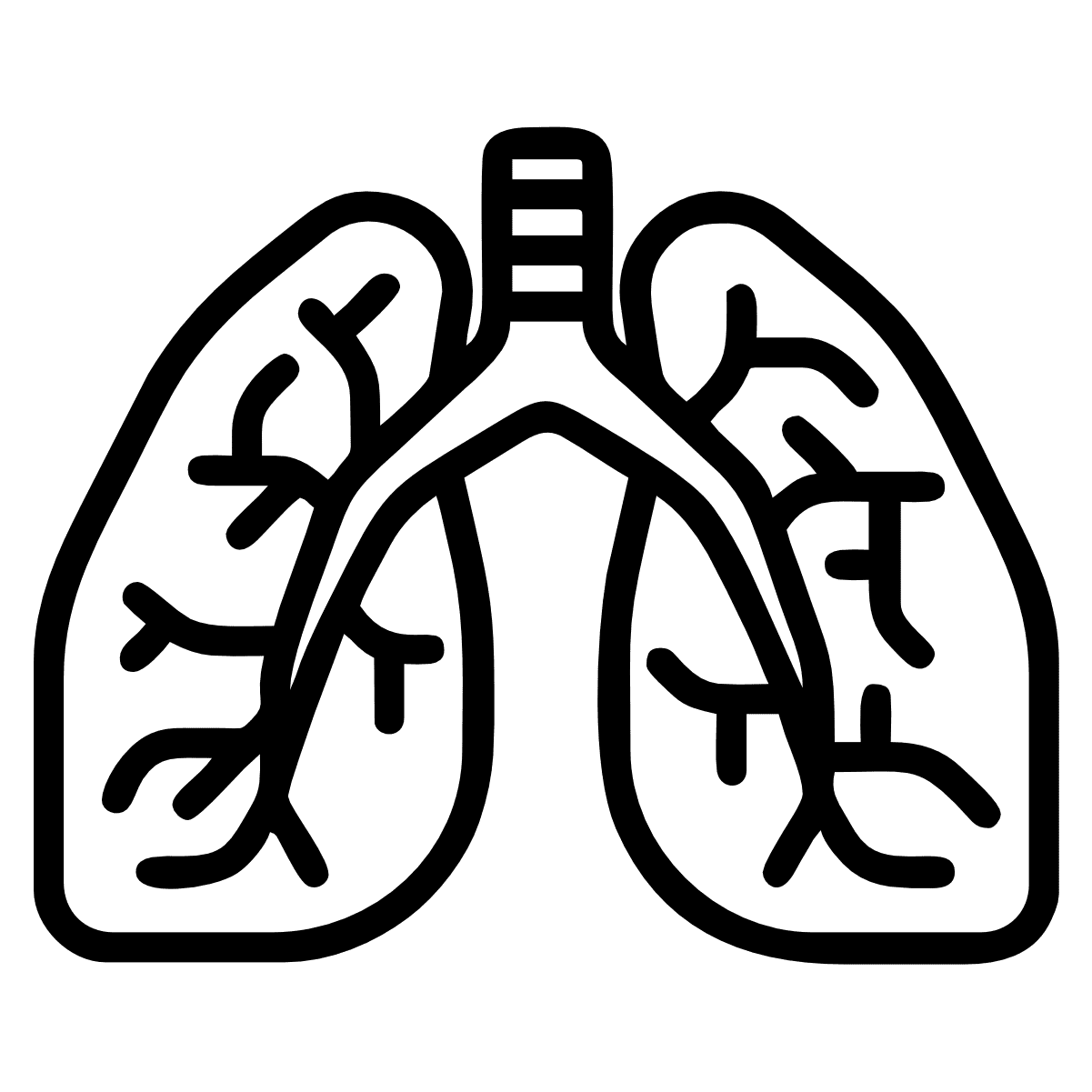 Respiratory kit
Respiratory kit 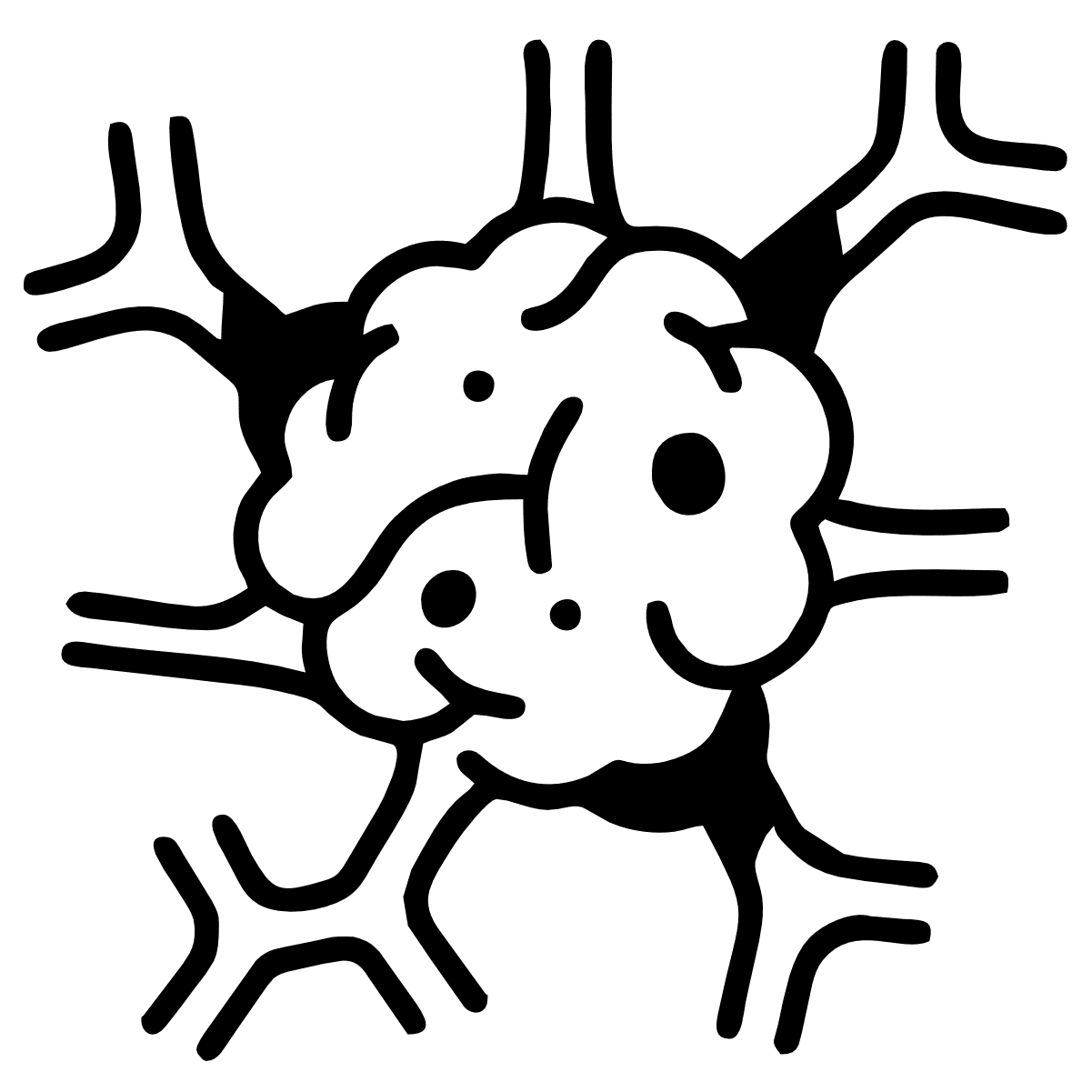 Antitumor
Antitumor 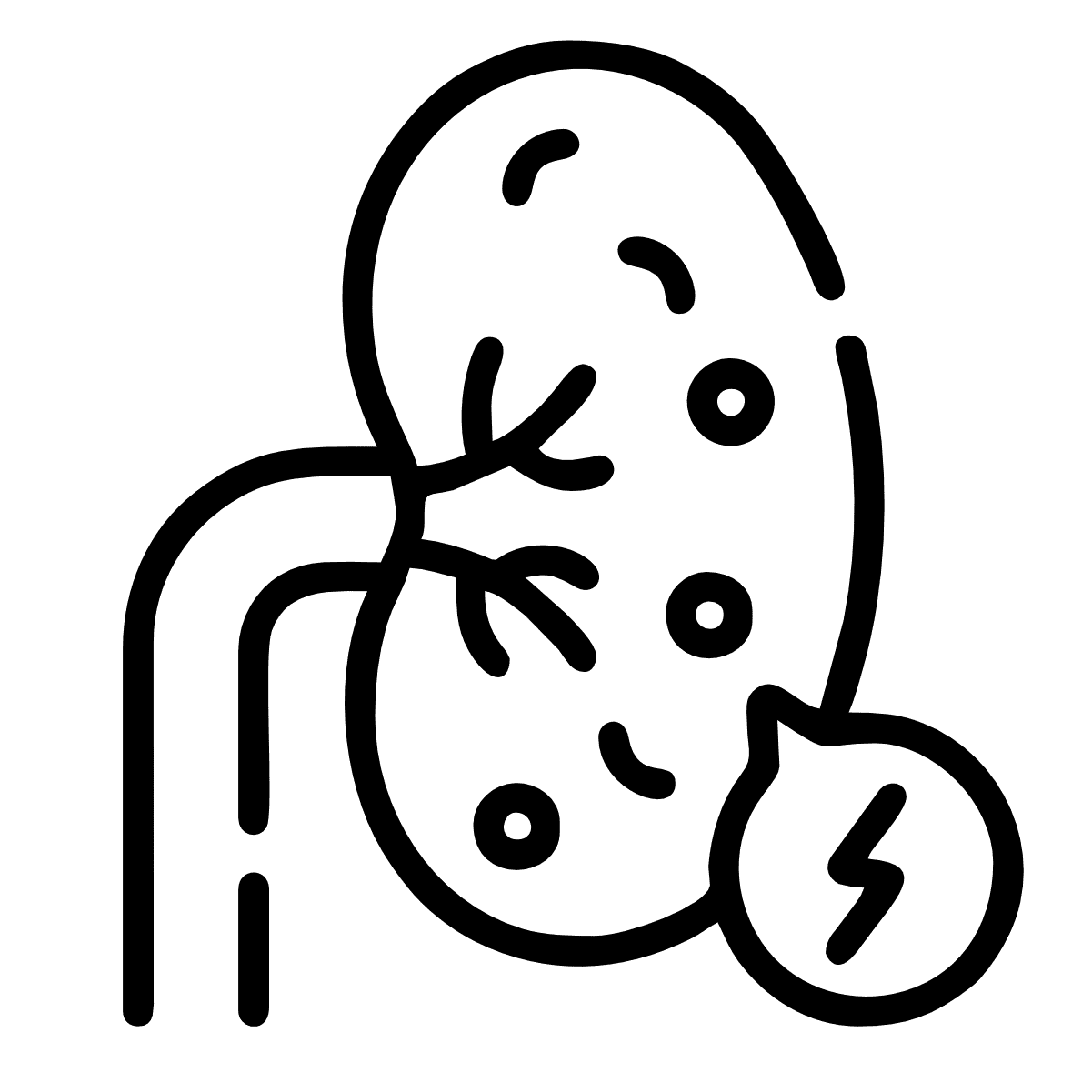 Kidney stones
Kidney stones 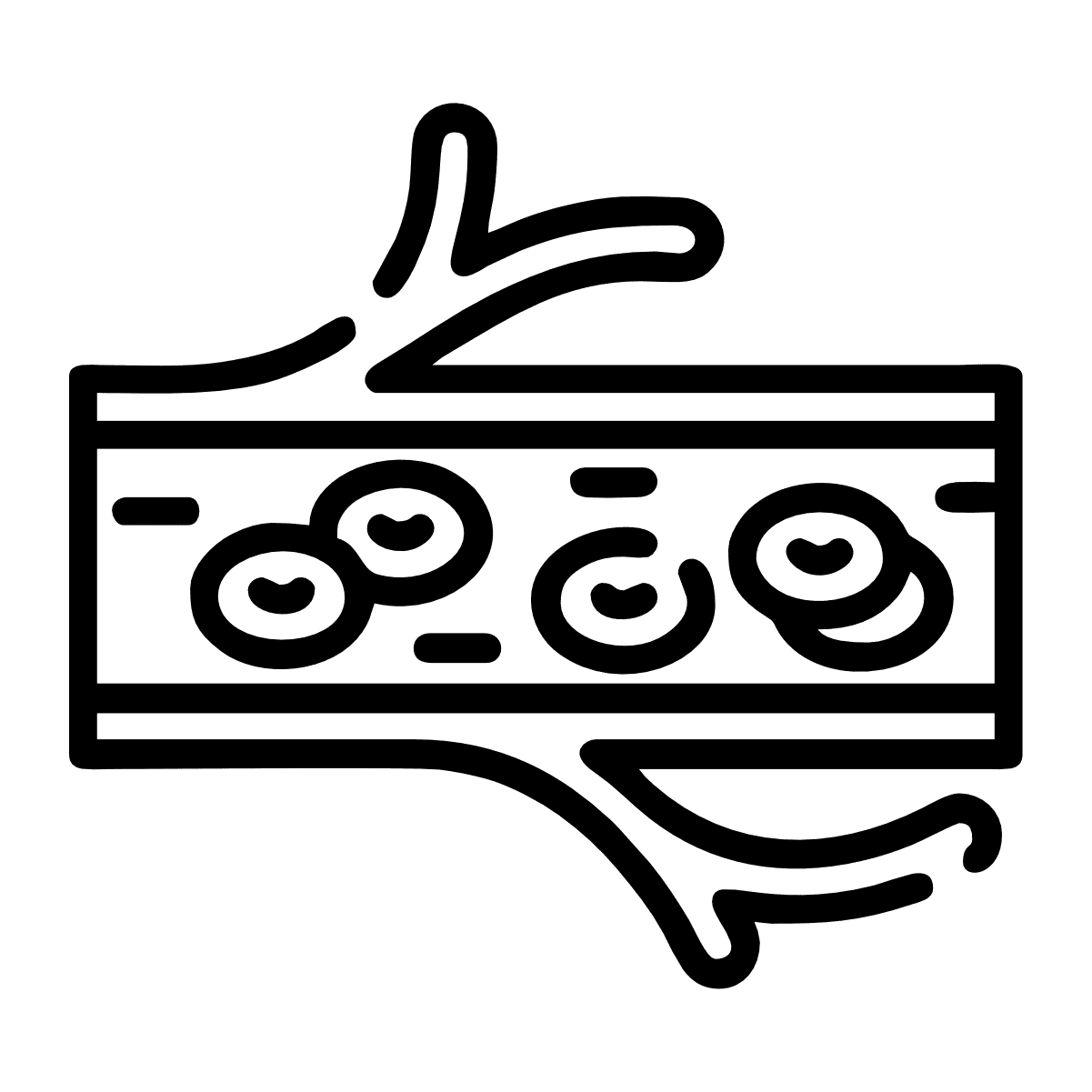 Blood circulation
Blood circulation 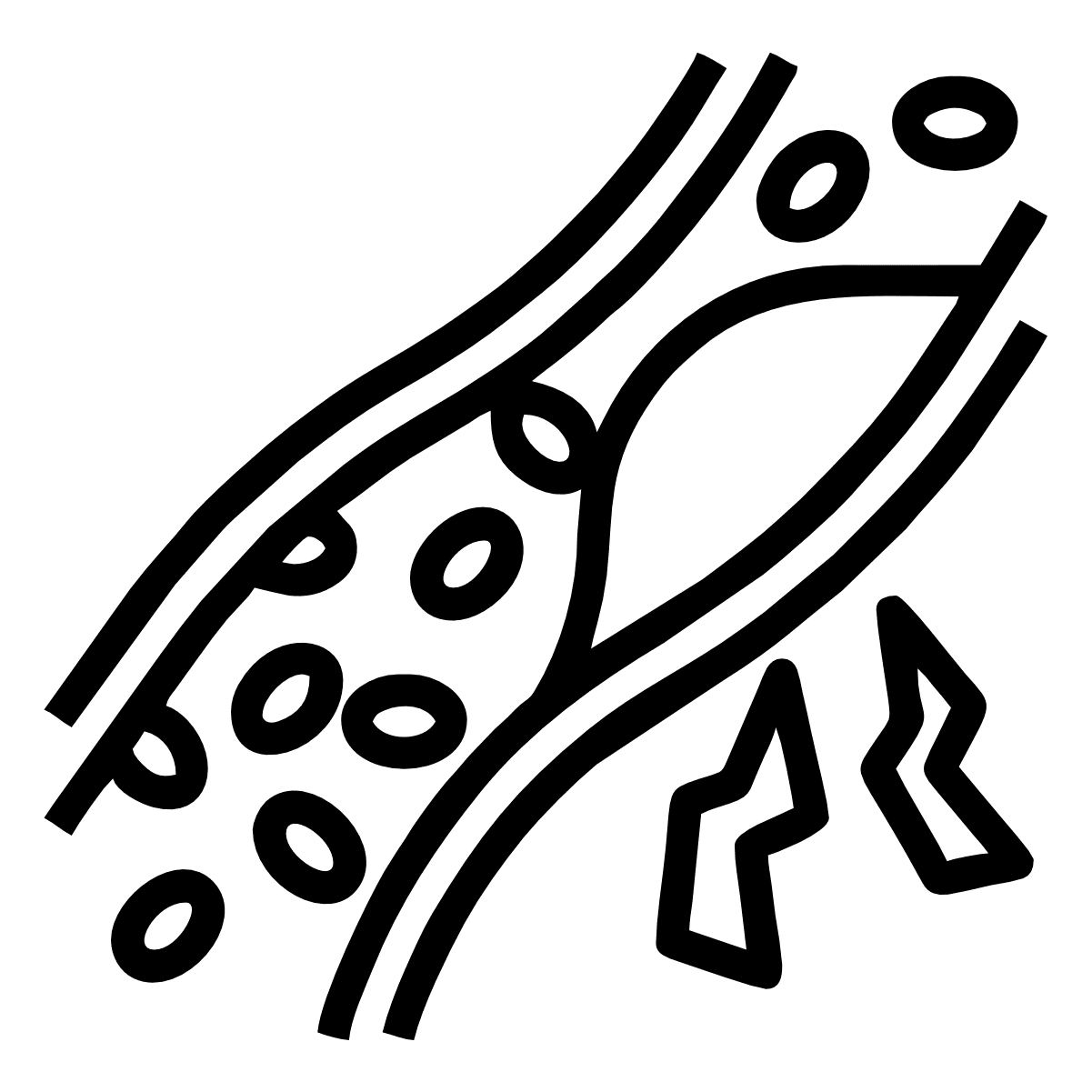 Cholesterol
Cholesterol 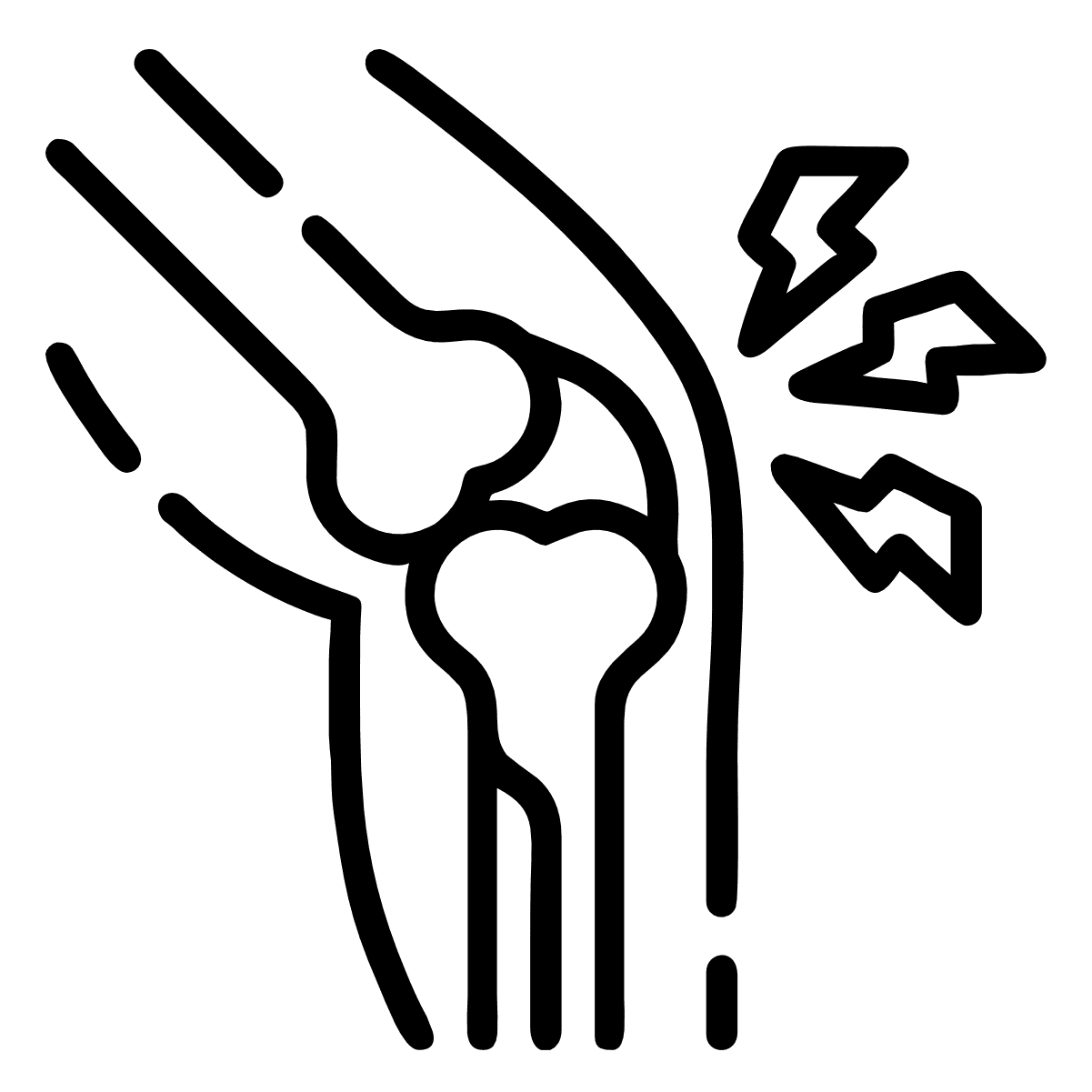 Rheumatic pains
Rheumatic pains 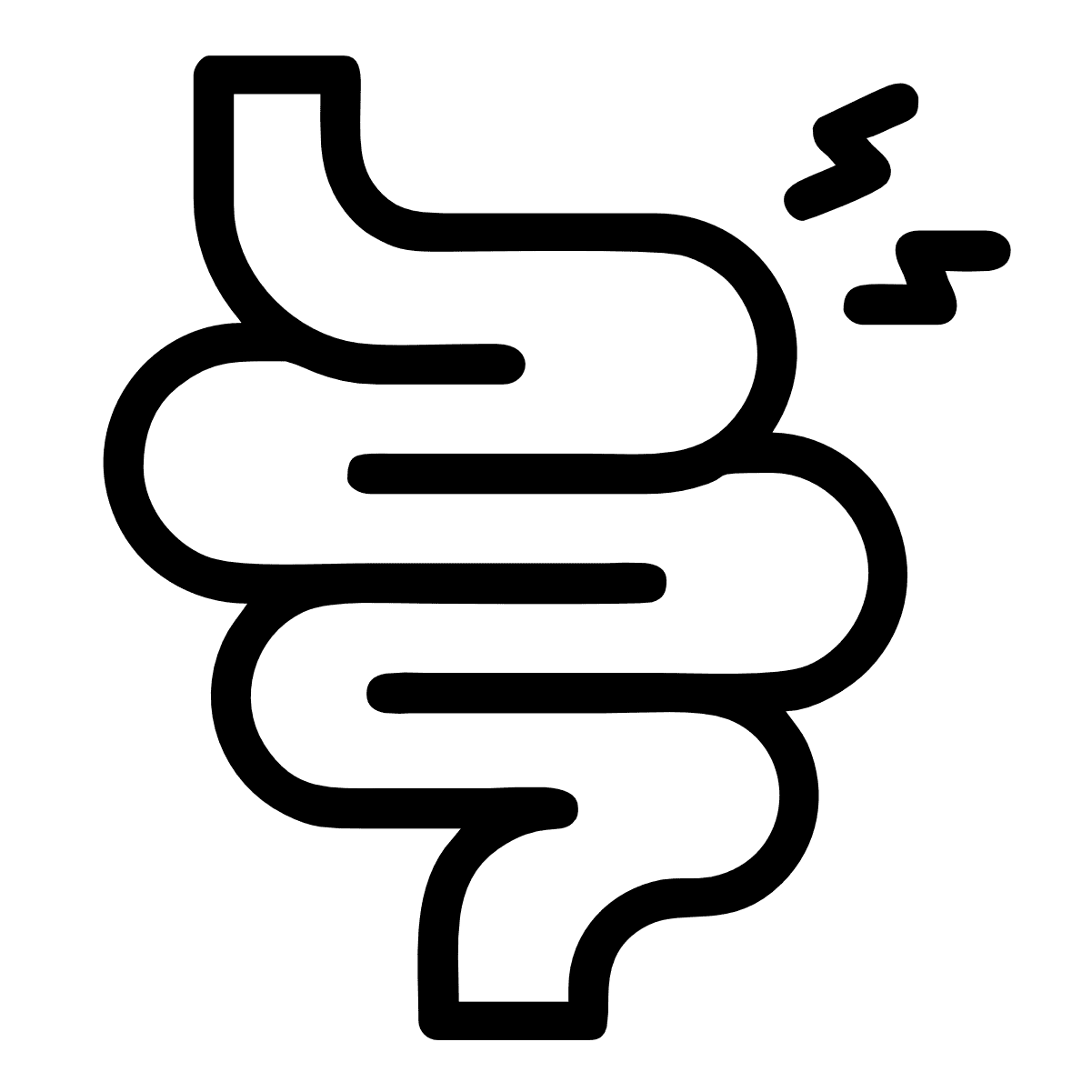 Constipation
Constipation 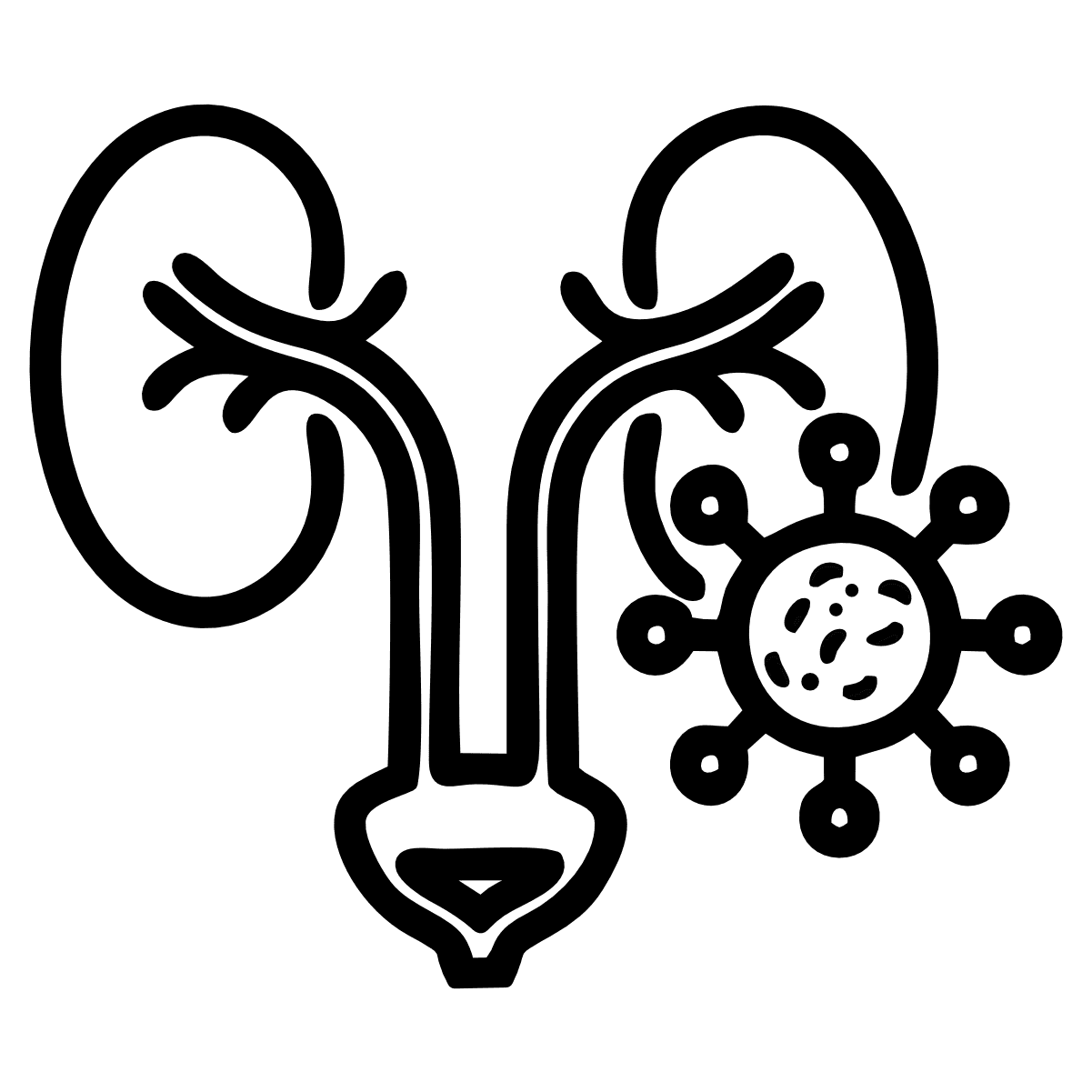 Urinary tract infection
Urinary tract infection 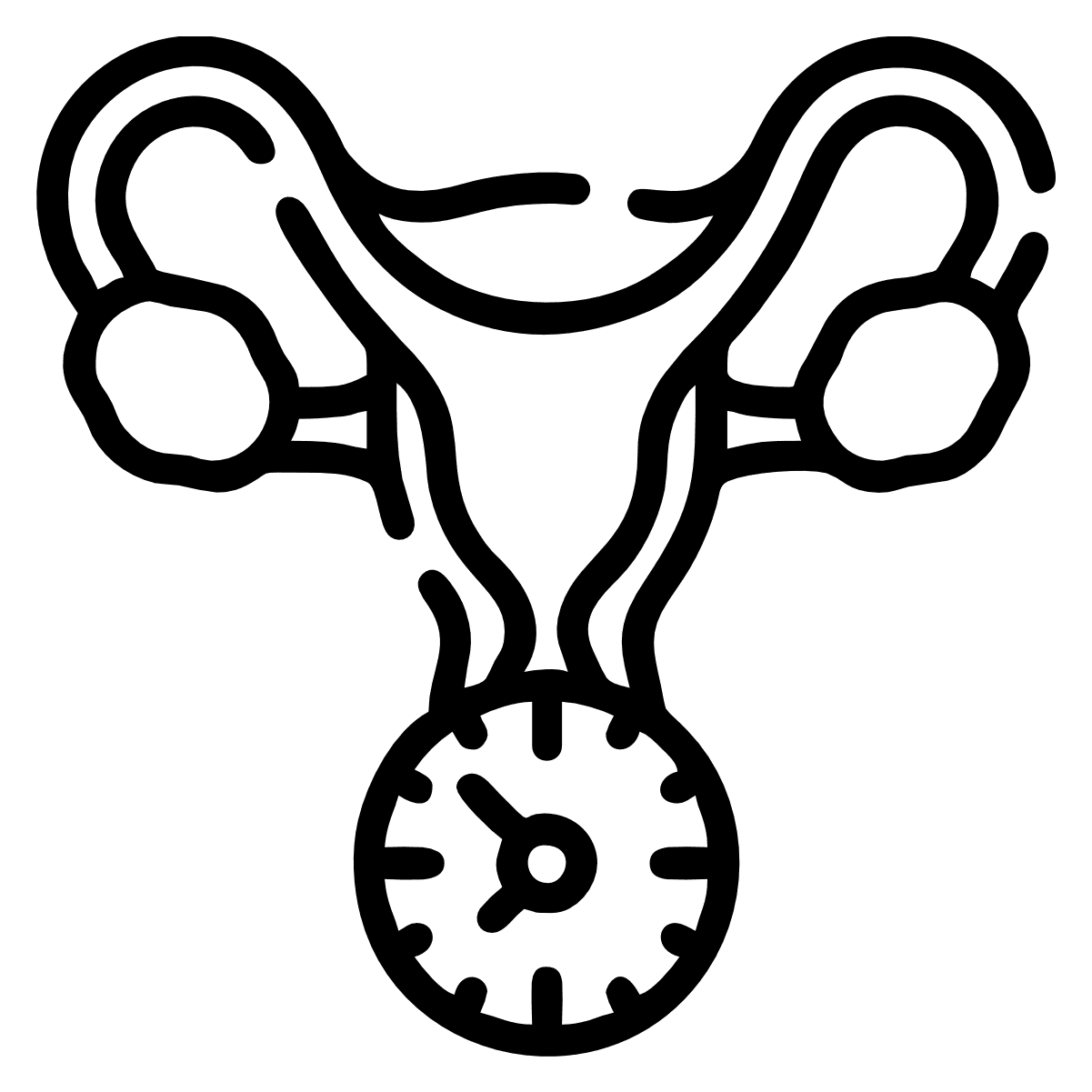 Menopause
Menopause  Obesity
Obesity 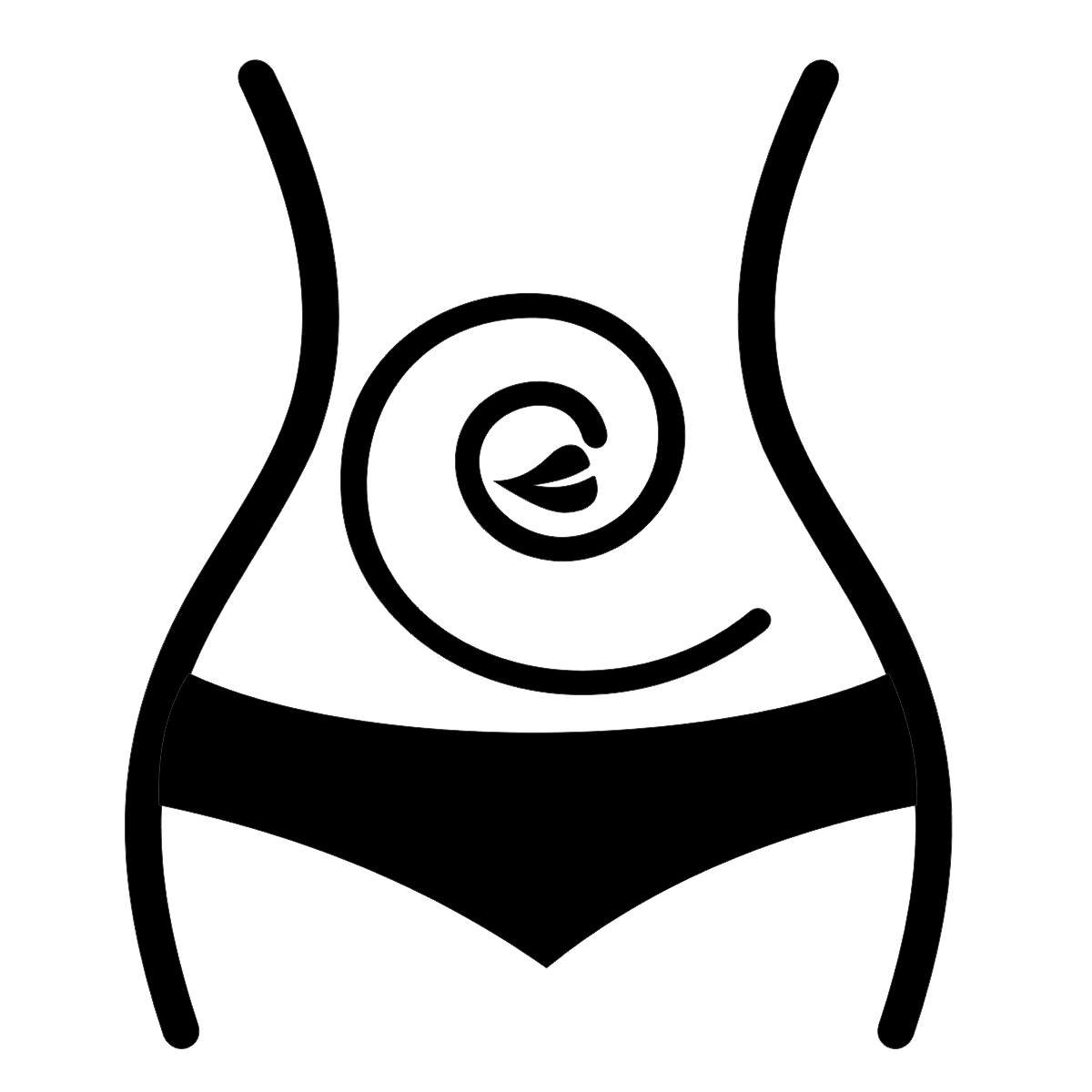 Purifying plants
Purifying plants 
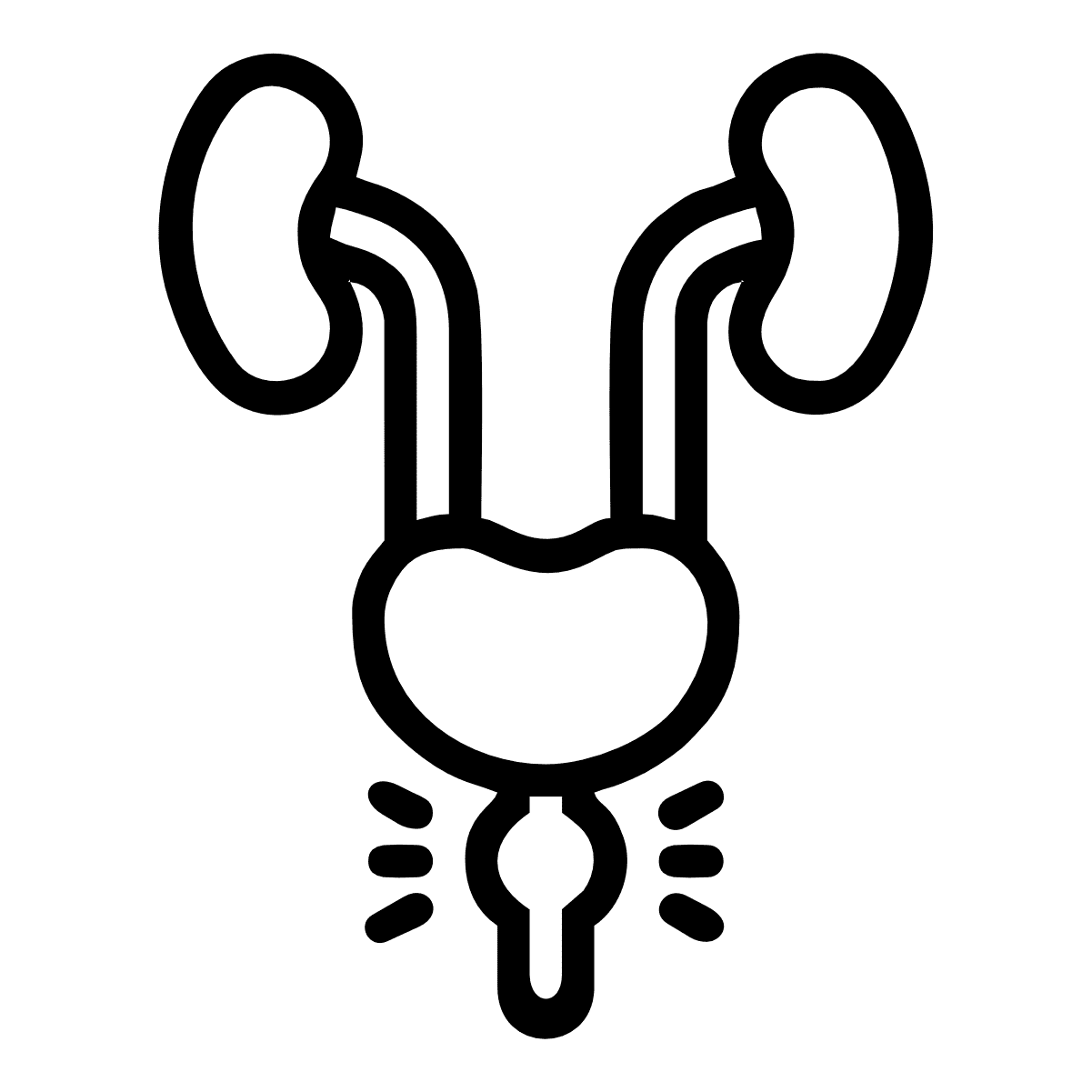 Prostatitis
Prostatitis  Glucose regulator
Glucose regulator 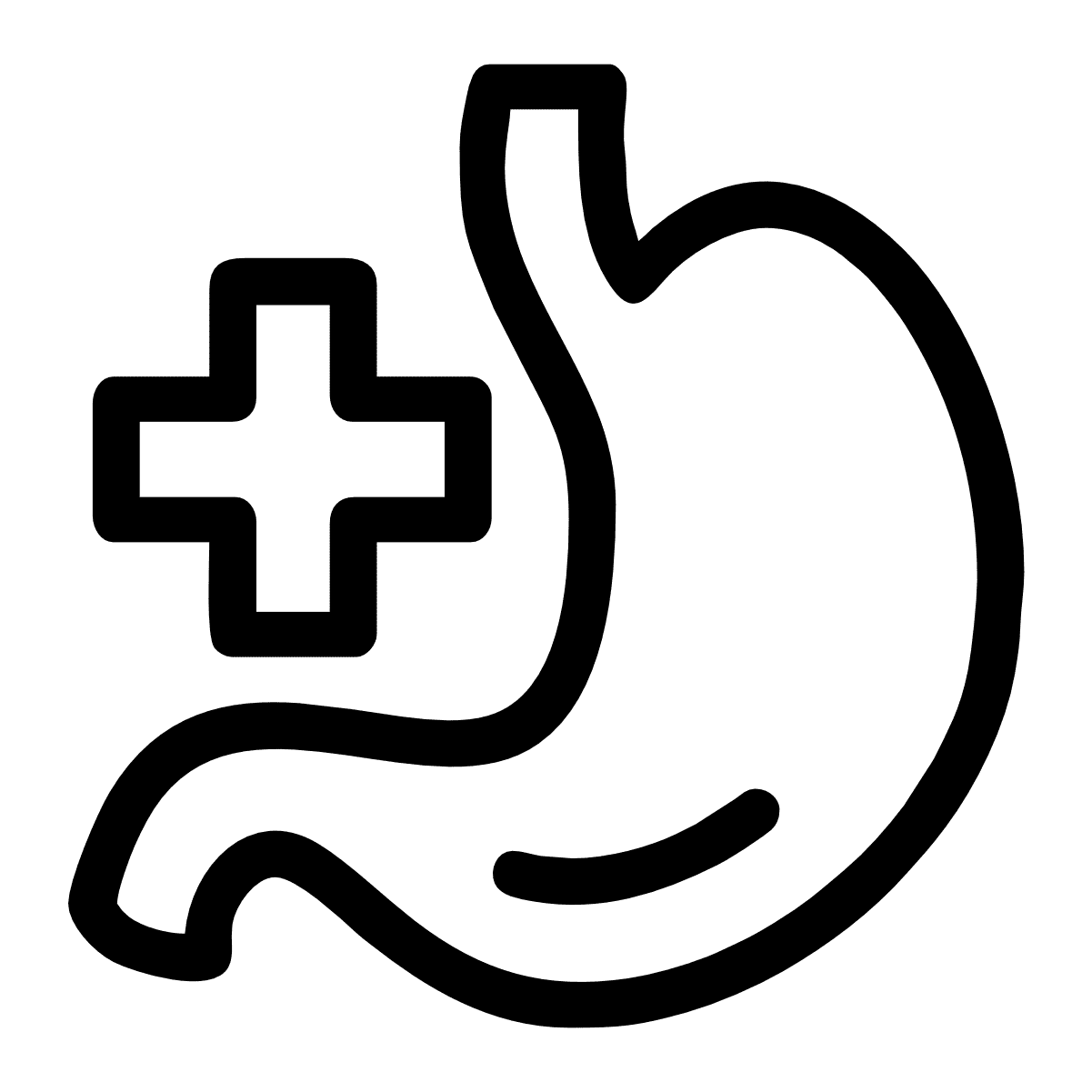 Digestive disorders
Digestive disorders 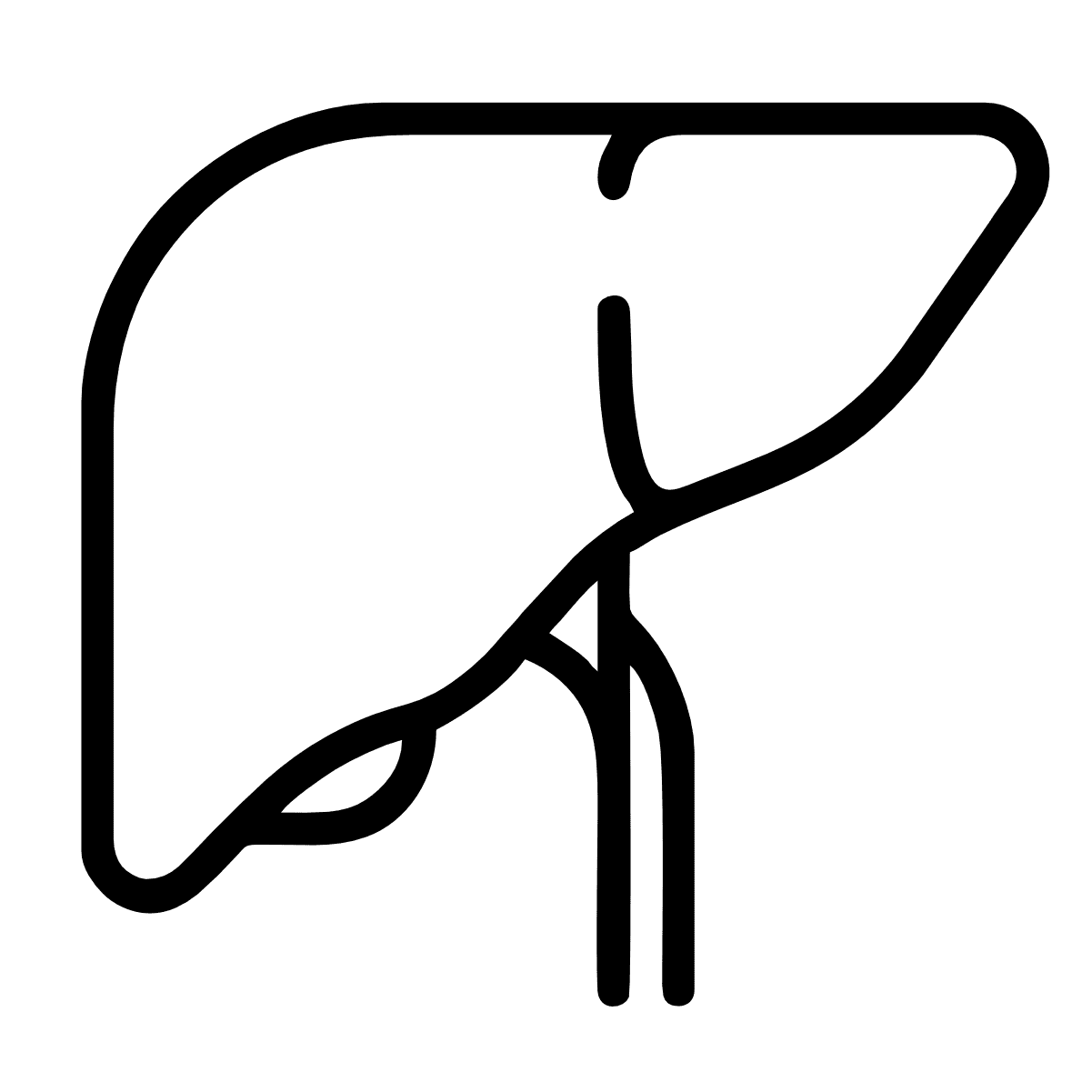 Hepatic disorders
Hepatic disorders 
